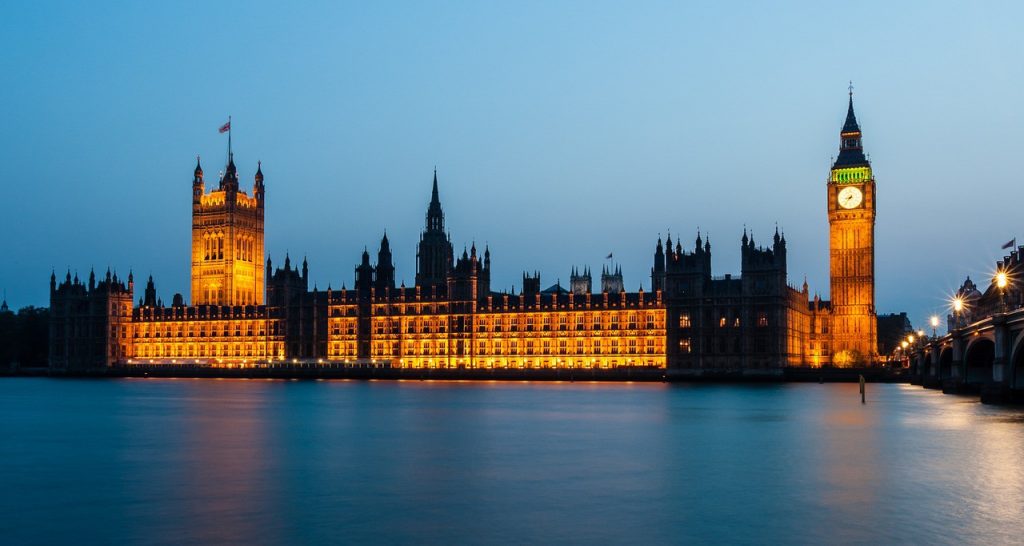The issue of the state is a crucial one for Marxists. Any serious revolutionary strategy must be based on an understanding of what the state is, how it operates and what role it plays in social transformation.
In order to answer these questions, we must look at the origin of the state. The modern state (government, judiciary, police force, army, etc.) may appear both impartial (at times) and ever present. In reality it is neither. In early society neither the state, nor anything fulfilling a similar role, existed. The emergence of the state appeared at that time at which society became divided into classes, into oppressors and oppressed.
From this point onwards, the state appears as the embodiment of the collective will, rising above the class struggle to represent the whole of society.
However, the state itself develops as a product of the struggle between classes. For this reason, whatever its outward appearance, the state in fact represents the interests of the economically dominant class, giving this class political dominance and enforcing its will against that of the exploited class. What appears as an independent arbitrator of the class struggle is in fact “a machine for maintaining the rule of one class over another” (Lenin, The State).
The role of politicians in all bourgeois parties is to manage capitalism, a task which they carry out with more or less success and it is upon this that they are judged. In reality, then, the state is a tool of the ruling class and all of its repressive machinery: police, army, courts and secret service, can be directed against the oppressed class. We can see this functioning of the state in modern capitalist society. The state perpetuates the property relations upon which capitalist society is built. Its primary role is to defend the ‘rights’ of property and anything which does not recognise these ‘rights’ is in conflict with the state.
Whilst, on the whole, the repressive machinery of the state is not used explicitly against the working class (for exceptions, consider the anti-union laws, the use of the police and army to break the miners’ strike, etc.), its defence of private property – of the right of the capitalist class to own the means of production – keeps the working class in the position of the oppressed. In this way we can characterise the modern state, even under parliamentary democracy, as the dictatorship of capital.
The prospect of Communism opens up new possibilities. With the ending of class society, the role of the state as an organ for the repression of one class by another is no longer necessary. Effectively, the state, as it appeared in class society, ceases to exist once the conditions which led to its existence in the first place are negated.
However, there must be a period of transition between the capitalist state and communism. To suggest (as some anarchists do) that the state can simply be dismantled and not replaced with anything is misleading. In any society which immediately follows capitalism, many vestiges of the previous system will remain. These will include the concentration of wealth and property in the hands of the few. In order to ensure the success of socialism and, eventually, communism, there must be some body capable of redistributing this wealth to the people and of ensuring that it is not used to attack socialism from within. For this reason, the working class must seize state power and constitute itself as the state. This is what Marx referred to as the dictatorship of the proletariat.



